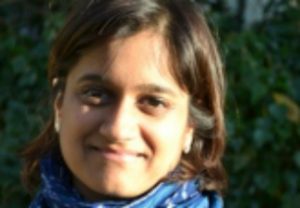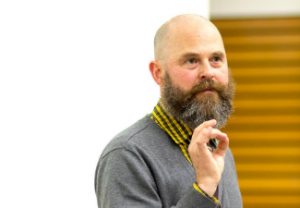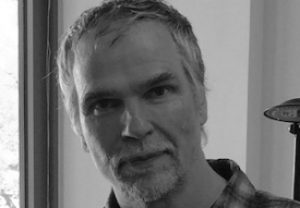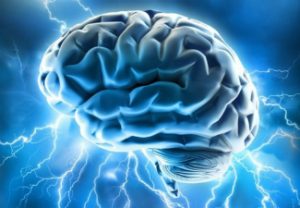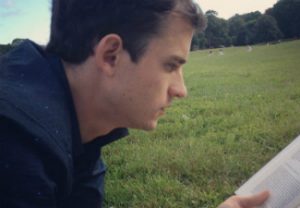Prof. Wolf will discuss similarities and differences between aesthetic and moral responsibility and speculate on what a consideration of aesthetic responsibility tells us about both responsibility and humanity.
Rebecca Stangl is associate professor at the University of Virginia. Prof. Stangl’s research is in ethics and the history of philosophy. She will talk on the topic of “Might Self-Cultivation be a Virtue?”
In her talk, “Logical Disagreement”, Prof. Hattiangadi investigates three approaches to the semantics of normative statements and judgments in application to logical disagreement, and argues that none of these semantic theories is able to provide an adequate account of what we disagree about when we disagree about logic.
In his talk, ‘Hegel’s account of thinking in his Logics’, Prof. Tolley will forumalate a critical assessment and partial defense of Hegel’s theologized (rather than Kantian-transcendental) conception of logic.
Organized by the Philosophy Course Union, UNESCO World Philosophy Day will be marked with a lecture by Alva Noë of UC Berkeley, who specializes in perception, consciousness, and theories of art.

Image: Simon Fraser University.
Dr. Heide’s research interests include Kant, early modern philosophy, normative ethics, applied ethics, and symbolic logic.
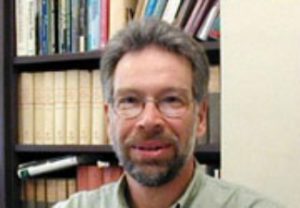
Image: UCLA
John Carriero is Professor in the UCLA Department of Philosophy. His areas of interest include early modern philosophy (esp. Descartes, Spinoza, and Leibniz). Among his publications is Between Two Worlds: A Reading of Descartes’s Meditations (Princeton University Press, 2008).
John M. Doris, Professor in the Philosophy–Neuroscience–Psychology Program and Philosophy Department, Washington University in St. Louis. Prof. Doris’ work is at the intersection of cognitive science, philosophical ethics, and moral psychology.
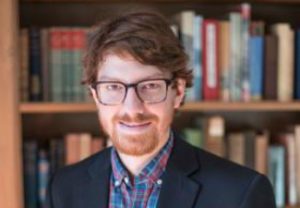
Image: brynmawr.edu
Prof. Rice’s research areas focus on philosophy of science, philosophy of biology, and philosophy of mind, including cognitive science.
Roger White’s work considers epistemology and the philosophy of science, including perceptual justification, applications of probability to reasoning, skepticism, induction, and the role of explanatory considerations in theory assessment.
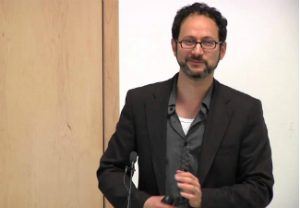
Video still courtesy of CRASSH Cambridge from the talk ‘Has the Obsession with Sacrificial Dilemmas Derailed Moral Psychology?” (2015)
The E+P Group welcomes Oxford’s Associate Professor Guy Kahane, whose specializations are practical ethics, ethics, and moral psychology, with a particular focus on meta-ethics, value theory, applied ethics, and the evolution, psychology, and neuroscience of morality.
Join assistant professor of philosophy at Barnard College John Morrison for a group talk on perception, philosophy of mind, object recognition, and more.



